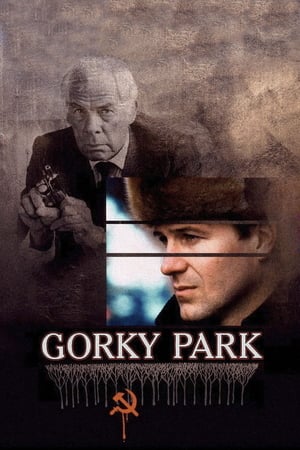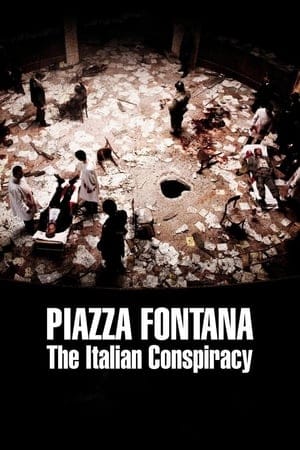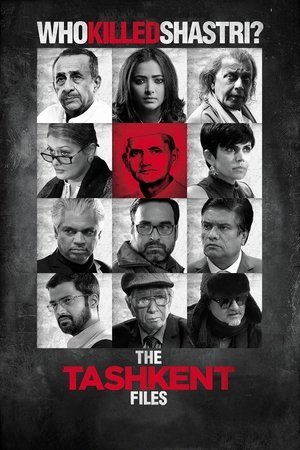When Shadows Dance: Exploring Government Conspiracy in Film
Okay, let’s talk about something deliciously unsettling: government conspiracy in film. It’s a trope that’s been with us for decades, evolving from paranoid B-movies to complex, thought-provoking thrillers – and it taps into a deep well of anxieties we all share about power, truth, and who really controls things.
Think about it: the idea that shadowy figures are pulling strings behind the scenes isn't new. It’s been simmering in our collective consciousness since at least the Cold War, fueled by real-world events like Watergate. But film has given this anxiety a visual, dramatic life – and often, a terrifyingly plausible one.
What makes these films so compelling? I think it’s that they play on our inherent distrust of authority. We want to believe in systems, in institutions designed to protect us. When those systems are portrayed as corrupt or actively deceptive, it's inherently unsettling.
Take "The Tashkent Files," for example. The film tackles the mysterious death of a former Indian Prime Minister, and the very fact that such questions persist decades later speaks volumes about public skepticism. It’s not necessarily about proving foul play; it’s about exploring why doubt exists in the first place – and how powerful forces might work to suppress uncomfortable truths. It reminds me a little of "JFK," which, regardless of your opinion on its accuracy, undeniably captured a national mood of questioning official narratives.
Then you have films like “Golden Slumber,” where an ordinary guy gets caught in a web of political assassination and cover-up. The appeal here isn't just the suspense – it’s the idea that anyone could be collateral damage in a larger game. It’s a modern spin on classic paranoid thrillers, echoing something you see even in films like "The Conversation" (which, by the way, is essential viewing if you enjoy this kind of thing).
And let's not forget psychological explorations like “Shadow Land.” While it uses dreams as its entry point, the film’s power lies in how it blurs the lines between personal trauma and political manipulation. It suggests that even our minds aren't safe from those who seek to control us – a truly chilling thought!
"Colosio," with its focus on a Mexican presidential assassination and subsequent cover-up, highlights how these narratives are often deeply intertwined with national identity and historical trauma. And "The Invisible Wall," which investigates the Ustica plane disaster, demonstrates that even seemingly closed cases can be reopened by persistent inquiry – a testament to the power of truth-seeking, even when facing immense pressure.
Ultimately, films exploring government conspiracy aren't just about uncovering secrets; they’re about holding power accountable and reminding us to question everything. They are a reflection of our anxieties, our hopes for justice, and our enduring fascination with the shadows that dance just beyond the light.
What do you think? Any other films that come to mind when you consider this theme?





































